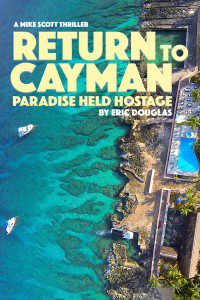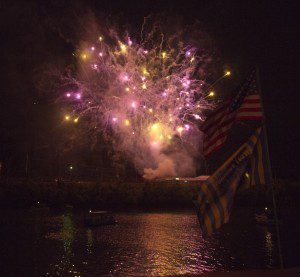 If you think about it, we have seen an incredible amount of change in this country in the 239 years since the founding fathers signed the Declaration of Independence July of 1776.
If you think about it, we have seen an incredible amount of change in this country in the 239 years since the founding fathers signed the Declaration of Independence July of 1776.
Even that event, though pivotal, was just a single event in a greater conflict. The Revolutionary War began more than a year earlier and wouldn’t end for seven more years: April 19, 1775 – September 3, 1783.
The Declaration of Independence itself was more of a process than an event.
- Congress declared independence from the British on July 2.
- Congress adopted the Declaration of Independence on the morning of July 4.
- John Hancock, the president of the Continental Congress send the first two printed copies of the document to the legislatures of New Jersey and Delaware on June 5.
- The Pennsylvania Evening Post printed the declaration in its evening edition on July 6.
- The Continental Congress ordered an official copy of the document to be prepared on July 19 and the delegates signed that official version on August 2.
Even though it didn’t all happen in one day, the document, and the Constitution that came later, set up the United States as something unique in the world. I don’t know if Americans are actually “special” as some suggest, but I know we were given a mandate and head start that no other country in the world can claim.
“We hold these truths to be self-evident, that all men are created equal, that they are endowed by their Creator with certain unalienable Rights, that among these are Life, Liberty and the pursuit of Happiness.”
When you’re celebrating the Fourth of July and listening to patriotic music or watching the fireworks, I challenge you to remember and think on those 35 words from the Declaration of Independence. Events in the news make us realize that even though our Creator may have created us equal, we don’t do such a good job of living up to that. We have the right to Life and Liberty. And no one ever promised us happiness, but we were promised the right to pursue it.
That’s more than enough.
Happy Fourth of July..
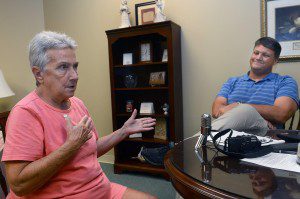

 for divers, by divers” and it does not disappoint. The entire resort is oriented toward making it convenient to scuba dive, either off one of their boats or in unlimited shore diving for guests.
for divers, by divers” and it does not disappoint. The entire resort is oriented toward making it convenient to scuba dive, either off one of their boats or in unlimited shore diving for guests.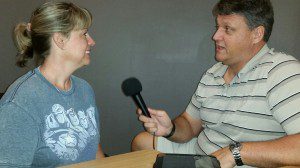
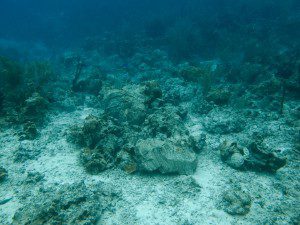
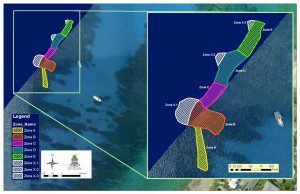
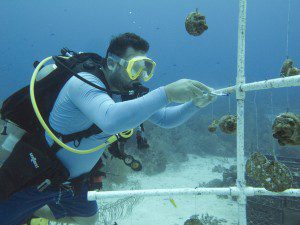 When he briefed the dive, Avary said we would do a tour, but he also brought along a couple toothbrushes so we could clean some algae off the coral. If you’ve never tried to hover in one place, in acurrent, and scrub algae from monofilament fishing line with a toothbrush while not breaking the fragile structure the salvaged pieces were hanging from, you haven’t lived. I was sure I was going to set the project backward. Avary made it look easy, but I felt like a politician during a photo op at a soup kitchen. (At least a politician that knows better than to believe his own press).
When he briefed the dive, Avary said we would do a tour, but he also brought along a couple toothbrushes so we could clean some algae off the coral. If you’ve never tried to hover in one place, in acurrent, and scrub algae from monofilament fishing line with a toothbrush while not breaking the fragile structure the salvaged pieces were hanging from, you haven’t lived. I was sure I was going to set the project backward. Avary made it look easy, but I felt like a politician during a photo op at a soup kitchen. (At least a politician that knows better than to believe his own press).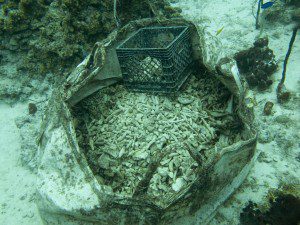
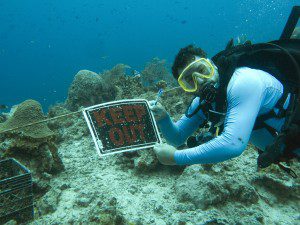
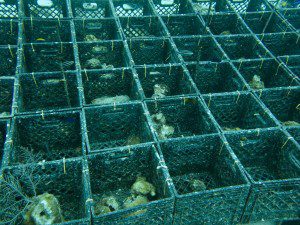 Volunteer divers have been sorting through the rubble, finding viable pieces of coral, and separating it by type. They’ve cleaned away silt and debris to save what they could.
Volunteer divers have been sorting through the rubble, finding viable pieces of coral, and separating it by type. They’ve cleaned away silt and debris to save what they could.